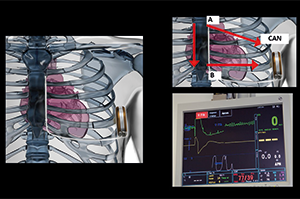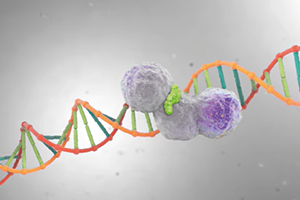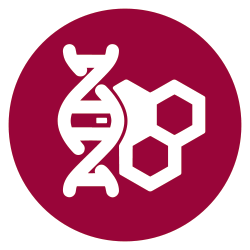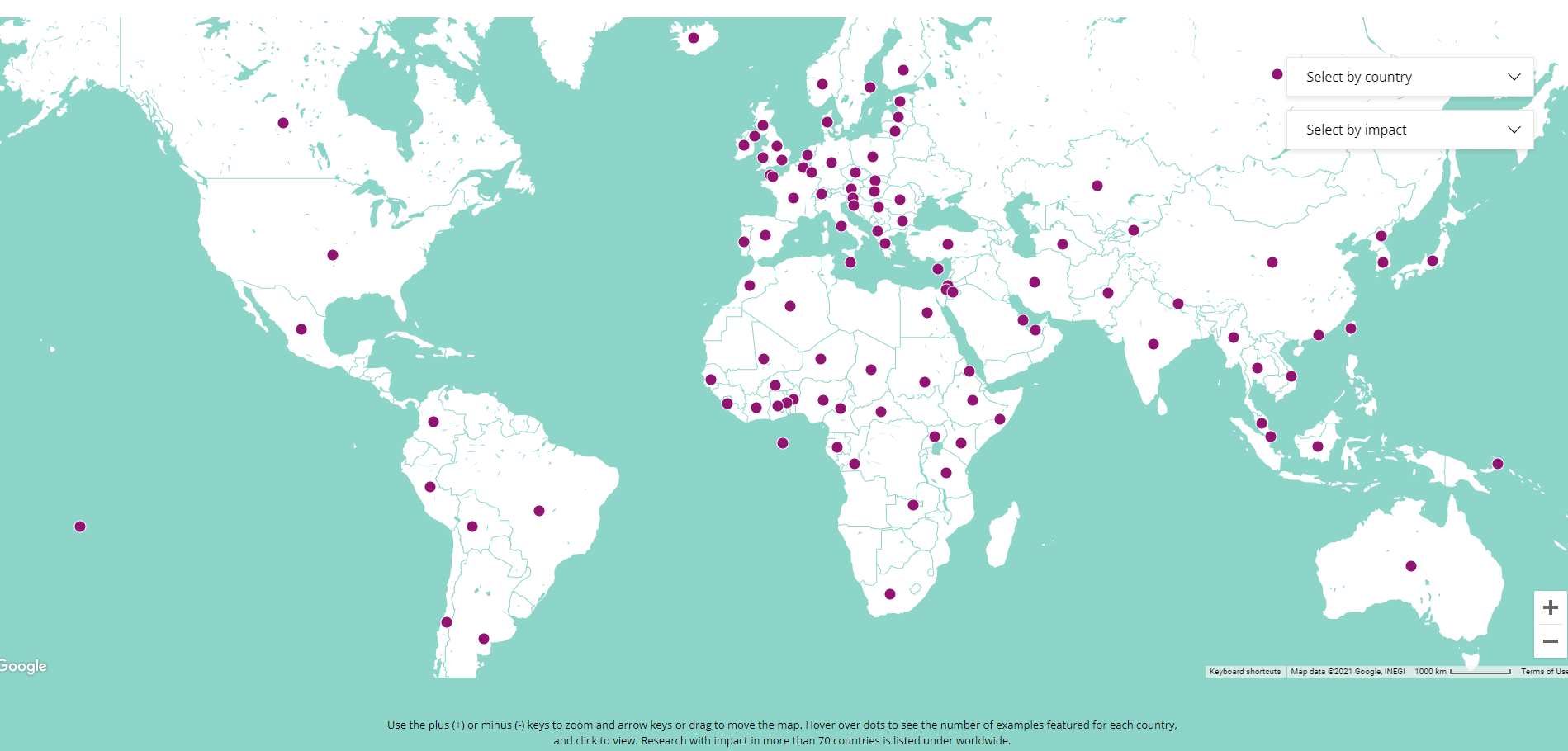All life around us, from bacteria and viruses to plants and animals, is made up of molecules and cells. How these units of life work together to make individuals as complex as ourselves is a key question to our understanding of health and disease. The Molecules and Cells Research Theme brings together more than 140 leading scientists to share knowledge and ideas across disciplinary boundaries to advance our understanding of the rules of life.
Current areas of focus include: DNA and chromatin; RNA and proteins; Cellular pathways and signalling; Cellular organisation and dynamics; Cell physiology and behaviour; Chemical biology and protein engineering
Recent Discoveries
Algae-powered computing: scientists create reliable and renewable biological photovoltaic cell
Researchers in the Department of Biochemistry have used a widespread species of blue-green algae to power a microprocessor continuously for a year – and counting – using nothing but ambient light and water. Their system has potential as a reliable and renewable way to power small devices.
The system, comparable in size to an AA battery, contains a type of non-toxic algae called Synechocystis that naturally harvests energy from the sun through photosynthesis. The tiny electrical current this generates then interacts with an aluminium electrode and is used to power a microprocessor. Read
Wider Impact
Tackling cardiac rhythm abnormalities to extend and improve quality of life
Problems with the rhythm of the heart (arrhythmias) are a major cause of sudden cardiac arrest, causing 4.5 million deaths annually worldwide. Research at the University of Cambridge from 2002 to 2019 aimed at understanding the fundamental biochemistry of electrical errors in the heart has led to the creation of the first subcutaneous implantable cardioverter defibrillator (S-ICD). Since 2013, this device has been used to treat nearly 90,000 patients across 42 countries. Read
Revolutionising cancer therapy via the DNA-damage response
Research at the University of Cambridge into DNA repair inhibitors led to a novel cancer therapy, Olaparib, which has been approved for ovarian, breast, pancreatic and prostate cancer treatment. Stephen Jackson is a world-class pioneer in DNA damage repair mechanisms and was one of the first to attempt to translate his basic research in this area to drug discovery, recognising that faulty DNA damage repair pathways in cancers could be exploited therapeutically. Read
Theme Leads
Theme Members organised by subtheme
Cellular pathways and signalling
Julia Davies
Nick Gay
Marco Geymonat
Tony Jackson
Vassilis Koronakis
Marion MacFarlane
Ole Paulsen
Hugh Robinson
Christof Schwiening
Liza Selley
Cell physiology and behaviour
Nicholas Coleman
Julia Davies
John Doorbar
Gillian Fraser
Richard Hayward
Liz Hook
Tony Jackson
Marion MacFarlane
Eric Miska
Uta Paszkowski
Hugh Robinson
Milka Sarris
Elizabeth Soilleux
Cellular organisation and dynamics
Julia Davies
Gillian Fraser
Marco Geymonat
Vassilis Koronakis
Milka Sarris
Christof Schwiening
DNA and chromatin
Anton Enright
Gillian Fraser
Eric Miska
RNA and proteins
Andrew Blagborough
Nick Gay
Anna Hollis
Chemical biology and protein engineering
Bill Broadhurst










